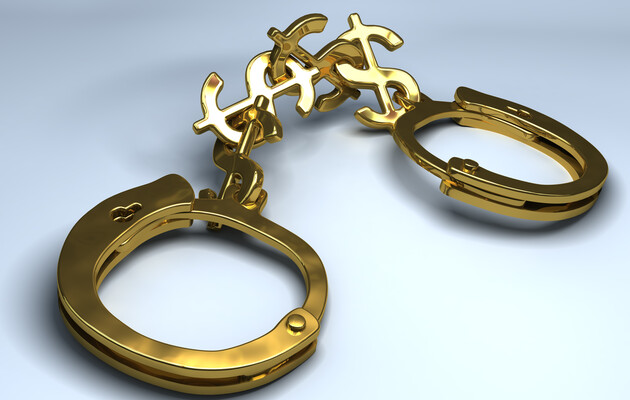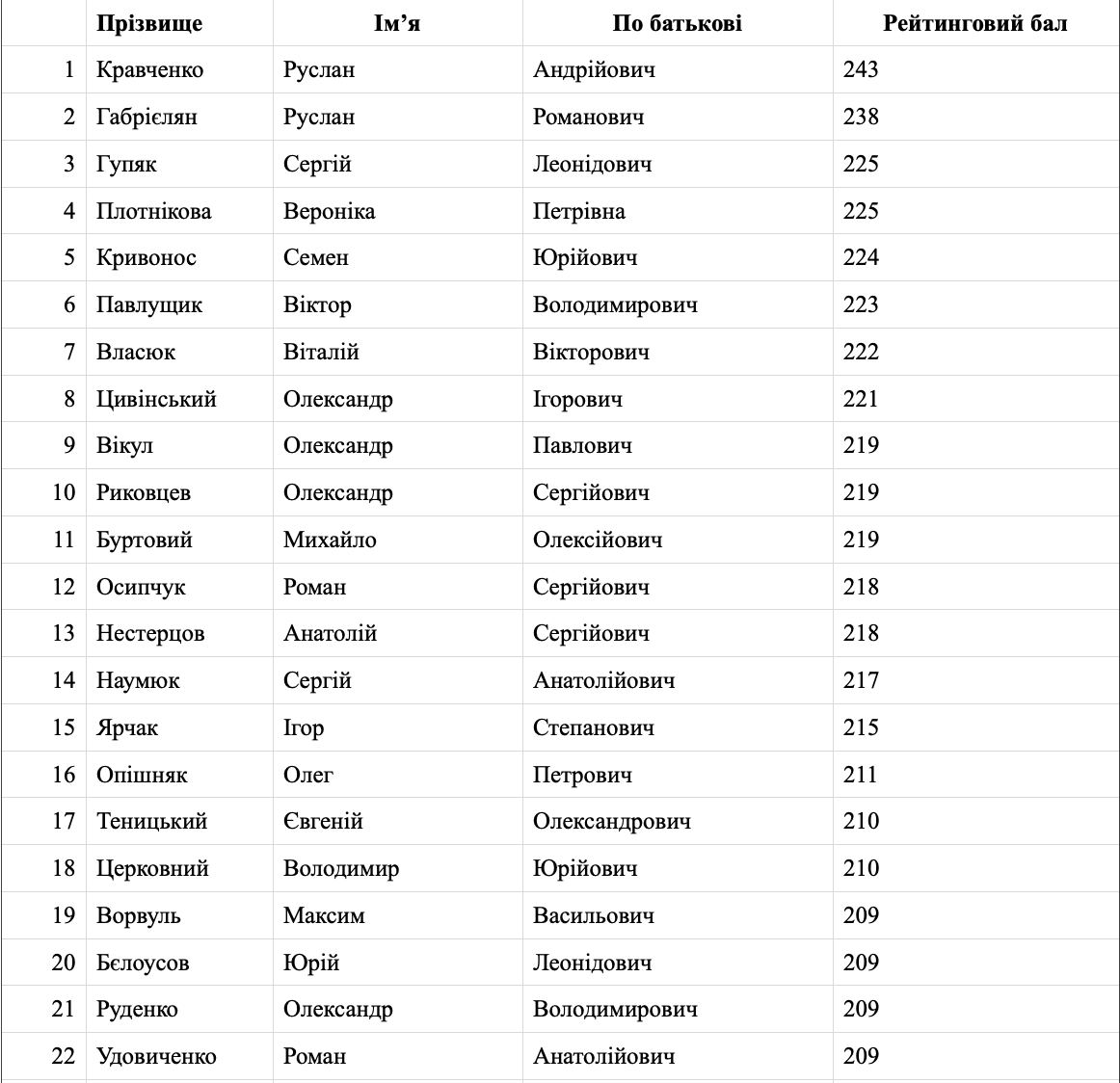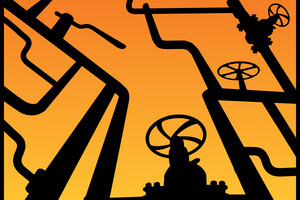Competition for the Director of NABU. Risks and Chances of the Twenty
On January16, the Competition Commission for conducting the competition for the position of Director of the National Anti-Corruption Bureau approved the list of 22 candidates who are admitted to the next stages of the competition. De facto, the key stages of selection start from this moment. And so does a real struggle not only for the seat of the Director of NABU, but also for the purity of the result of the competition itself. The reason is that the appointment of a candidate loyal to the government to the post of the Bureau’s Director can destroy the entire anti-corruption chain NAPK (National Agency for Prevention of Corruption)—NABU—SAPO (Specialized Anti-Corruption Prosecutor's Office) — High Anti-Corruption Court of Ukraine, which has been built up over the years in conditions of systematic pressure and attacks by political elites. Only in recent months — with the inclusion of SAPO — the anti-corruption bloc began to show systematic work.
The Specialized Anti-Corruption Prosecutor’s Office (SAPO) has been a weak link for many years. Initially, during the leadership of Nazar Kholodnytskyi, it was accompanied by numerous scandals, later, we did not have a chief anti-corruption prosecutor at all, so there were actually no impressive results. And now there is a historical chance to start really cleaning up the country, and NABU should remain the driver of this process, already under the leadership of a new director.
Nominally, Bankova is only observing what is happening within the framework of the competitive process. Still, it is known that it does not always manage to keep the distance. Some of the participants have already received calls with offers to represent the interests of the Office of the President of Ukraine in the key link of the anti-corruption bloc. Therefore, one should not think that the attempts to recruit and bring a pocket candidate to the final trio have been left behind. Everything is just getting started.
But one at a time.
What is the framework of the competition?
So, it is from the already recorded 22 people that the commission shall determine the top three, whose candidacies will be submitted to the Cabinet of Ministers. Out of the three, the government will have to choose only one candidate for the position of the NABU Director for all seven years.
The law which was adopted more than a year ago and the new selection rules determined the key element — the configuration of the Competition Commission and the general framework of the competition. Let me remind you that the commission is composed of six people appointed by the government: they are three experts delegated by international partners and three Ukrainian experts.
After numerous scandals and delays with the competition for the Head of SAPO, in the case of NABU, the law provided advantages for international experts. The rules say that decisions are made by a majority of four members of the commission. At the same time, the support of at least two international experts is mandatory. If the votes are divided equally and a decision is not made, the law allows for a decision to be made by three votes, provided that it is supported by two international experts.
Based on the results of ten meetings of the commission already held, it can be noted that there are no particular disagreements and battles between international and Ukrainian experts. At the same time, the members of the commission elected the Ukrainian scientist Mykhola Kucheriavenko as the chairman. All this allows us to cautiously assume that the competition can take place without the confrontations that accompanied the selection of the Head of SAPO. But the main stages are still ahead.
Although the framework of the competition is defined by law, the latter left the details to the discretion of the commission itself. And it was the commission that before the competition included in the selection rules the decision that the majority of candidates should be weeded out at the stages of anonymous testing of knowledge of legislation and general abilities.
This approach can be criticized, because the testing itself is far from an indicator of a candidate's quality. On the other hand, the results of previous contests show that the candidates who show high results on the tests most often make it to the finals. Therefore, it is obvious that in this case, precisely because of the tests, the commission decided to simplify its further work and limit itself to twenty people at the final stages.
The testing stage was not without problems. In particular, some candidates stated about the errors discovered during the test on knowledge of the law and filed complaints about it. Errors were indeed confirmed in four questions. In those cases where as a result of errors the candidates did not receive points, the commission restored justice. But in the end, the mistakes did not affect the rating.
During the general ability test, representatives of the Anti-Corruption Action Center were present in the hall and personally verified the objectivity and anonymity of the process.
In summary, a total of 78 people applied for the competition. There were 50 people left after the legal knowledge tests, and 22 — after the general ability tests, as four candidates scored the same, 209 points each.
Who made it to the shortlisted candidates?
There are actually no very famous names and public figures in the list of candidates.
The Bureau employees were obviously the most motivated to apply for this competition. The secret of such motivation is that for them it is a way to preserve their internal culture, values, and independence. After all, today, NABU and SAPO remain the only “white crows” in the symbiosis of the Ukrainian law enforcement system. They are the only institutions that have preserved their independence from the authorities, in particular owing to the unprecedented support of international partners.
A total of 12 of the 22 candidates are affiliated with the Bureau. Ten of them are current NABU employees. Two others worked in the Bureau before the full-scale invasion.
For example, the second-ranked Ruslan Habriielian used to work at NABU, but with the beginning of the invasion, he was mobilized into the ranks of the Armed Forces of Ukraine and already during his service in the Armed Forces, won a competition for the post of the Prosecutor of SAPO.
Another candidate — Serhii Naumiuk — was the head of one of the units of NABU. However, this year he was mobilized to the ranks of the Security Service of Ukraine, where he had worked before.
Among these 22 candidates, there are also those that cause significant doubts. Before passing the test, the Anti-Corruption Action Center already wrote about the persons to whom the most questions arise. It is worth noting that two of them did make it to the final list.
The first of them is Vitalii Vlasiuk, Deputy Head of the Kyiv Regional Military Administration, and in the past a lawyer. In particular, he defended the company Altaiur in the District Administrative Court of Kyiv, the case of which NABU is still investigating. Meanwhile, his brother, Vladyslav Vlasiuk, is currently an Adviser to the President’s Office, working within the Yermak-McFaul sanctions group.
Another dubious candidate is Semen Kryvonos, Head of the State Inspection of Architecture and Urban Planning. In 2016, he became the winner of the competition for the seat of the Head of the Odesa territorial branch of NABU. However, he quickly resigned from his position when Slidstvo.Info journalists discovered that his wealth did not correspond to his income. In particular, Kryvonos failed to declare an apartment in Kyiv worth three million UAH, quickly rewriting it to his mother.
The leader of the rating now is Ruslan Kravchenko, Head of Bucha Prosecutor’s Office. It should be noted that Kravchenko previously worked in the military prosecutor’s office during the leadership of the scandalous military prosecutor Anatolii Matios. It is worth mentioning that it was Matios who was behind a number of attacks on NABU during his tenure. In 2019–2020, Kravchenko applied for the post of the Prosecutor of SAPO but was not selected.
A notable figure among the candidates is also Yurii Bielousov, who currently heads the war department of the Prosecutor General’s Office and is responsible for organizing investigations into war crimes committed by Russians in Ukraine. Before the appointment, the candidate was the Executive Director of the Expert Center for Human Rights.
What is next?
During the next stage, all 22 candidates have to complete a practical task. It consists of two blocks: 1) verification of the candidates’ possession of professional practical skills and abilities and 2) verification of the candidates’ organizational and leadership qualities.
At the same time, each of the candidates will be carefully analyzed by both the commission and the representatives of civil society. Anyone interested can already send materials about the candidates to the commission via the e-mail address sc.nabu@gmail.com.
If the candidates cannot clearly answer the questions of the commission and citizens in writing, they will be interviewed for integrity. However, the most important indicator of integrity is the presence of a declaration of property status submitted by the candidate. After all, even if the parliament suspended the declaration, it is simply impossible to imagine a NABU Director without the submitted declaration.
After the evaluation of integrity, everyone who raised doubts should drop out of the competition. And those who remain will undergo another interview — regarding professional competence. It is after this stage that the commission must select a trio which will be submitted to the government for approval.
All these procedures will take at least one and a half to two months. Therefore, it is simply unrealistic to fulfill the wishes of Denys Shmyhal — to submit the final three by the end of January. The latter is not the first time to criticize the commission for slow work. However, this whole game is just an attempt to divert attention from the fact that the government blocked the start of the competition for more than six months.
Obviously, the authorities hope to get at least someone in the final three with whom they can come to an agreement. But there is hope that the commission will not give them such a chance and the internal sieve of the competition will turn out to be stronger than Bankova's attempts to bring/recruit its candidate.
At the moment, it seems that a NABU representative will be able to get a position only if the Bureau's employees themselves will be included in the final three. We at the Anti-Corruption Action Center expect that the final trio will consist exclusively of independent candidates and those who have already shown results in the investigation of top corruption.
The preservation and strengthening of NABU’s independence in this difficult time for Ukraine cannot be underestimated. Confidence in the independence of anti-corruption bodies and their institutional capacity are and will always be the key guarantor of the trust of Western partners in Ukraine, without the help of which we cannot win this war.
Please select it with the mouse and press Ctrl+Enter or Submit a bug
















 Login with Google
Login with Google